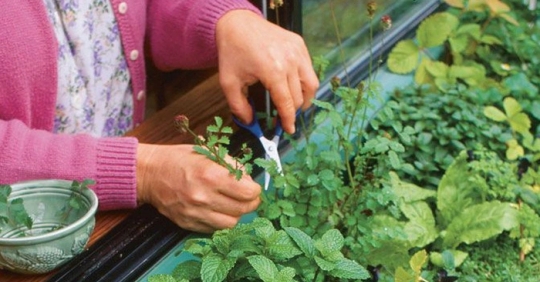
Vietnamese spice exporters benefit from the new decision.
Regulation (EU) 2023/174, issued on 26 January 2023, amending Regulation (EU) 2019/1793 on the temporary application of official and emergency control measures to the export of certain imported foodstuffs to the EU.
Accordingly, spices originating from Vietnam such as coriander, basil, mint, parsley, which were 50% controlled in the previous announcement, have been withdrawn from the market.
Currently, chili is the only product remaining on the EU control list at the border, with a 50% control frequency.
Many herbs and spices have been removed from the list of food safety controls, but okra produced in Vietnam has been moved from Appendix I to Appendix II, with the Vietnamese side having to require a pesticide control certificate.
The frequency of pesticide control for okra at the EU border gate is set at 50%.
Two other major export products from Vietnam to the EU, dragon fruit and instant noodles, are still in Annex II, with Vietnam’s pesticide certification requirements and inspection frequency at EU border gates being 20%.
Every 6 months, the European Parliament and European Council (EC) meet to review and assess the extent of food and feed safety violations by countries exporting to the EU. The EU will then announce changes in its regulation on control measures.
With the latest announcement on June 13, 2022, the EU removed Vietnamese products such as vermicelli, vermicelli and pho from the list of regulations requiring additional Annex II food safety certificates.
The new rules will come into force on the 20th day after the date of publication, in line with EU practice.
As the single point of contact in Vietnam for the implementation of transparency obligations under the World Trade Organization (WTO) Agreement on the Application of Sanitary and Phytosanitary Measures (SPS Agreement), the SPS Vietnam Office recommends agencies and entities to review and audit to verify EU requirements fulfill.
Based on close coordination between the parties, the SPS office in Vietnam will ask the EU to consider relaxing or removing control measures to ease difficulties for businesses.

